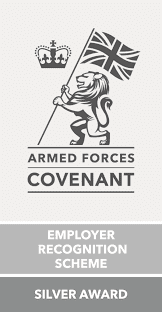A Level Accounting
A Level Accounting is for people who are interested in a career in financial management or business management. Even the very best business ideas will not get off the ground without sound financial management.
Accounting is how organisations measure, record and present information about the financial affairs of the business; in other words, it is about helping to ensure there is sound financial management.
One of the most important aspects of accounting is about making sure the financial records are accurate. However, it is just as important that the information taken from the records is used in the right way. It is, therefore, part of the job of the accountants in the business to advise on how to use financial information in a meaningful way.
YEAR 1: You will learn double entry book-keeping and use these fundamentals to cover aspects essential to good accounting practice. In the first year the financial accounts for a sole trader are prepared in line with the relevant accounting standards and concepts. You will also be introduced to management accounting which explores how a firm calculates its selling price.
YEAR 2: The two main areas of accounting – financial accounting and management accounting are studied again to a greater depth. Financial accounting requires the annual accounts to be prepared for partnerships and limited companies. Management accounting requires you to analyse and interpret financial statements and draw conclusions for management decisions
All students studying A Levels should have at least five GCSEs at grade 9 – 5 in academic subjects, including English Language at grade 5. Two of these should be grade 6. Specifically for Accounting, you will need GCSE Maths at grade 6 or above.
Both AS and A Level Accounting are assessed through a series of written examinations. There is no course work involved in the subjects. You will do one three-hour exam at the end of the first year for the AS Level, and then complete the full A-Level in the second year with two three-hour exams. The examinations are predominantly numerical but there is a theoretical element which makes up 20-25% of the overall mark.
Students who have studied A Level Accounting often follow the subject at degree level or study for a related subject such as Business, Law and Mathematics. Many students opt to go straight into further accounting training via one of the professional accounting bodies, CIMA or ACCA.
HARWINDER JAGPAL
- Economics degree from Birmingham City University
- CIMA qualified
- Industry experience as assistant accountant and financial analyst
- Examiner for AQA and CIE
KAVEN JUDGE – ALUMNI STUDENT



Find out more about Kaven’s success story










